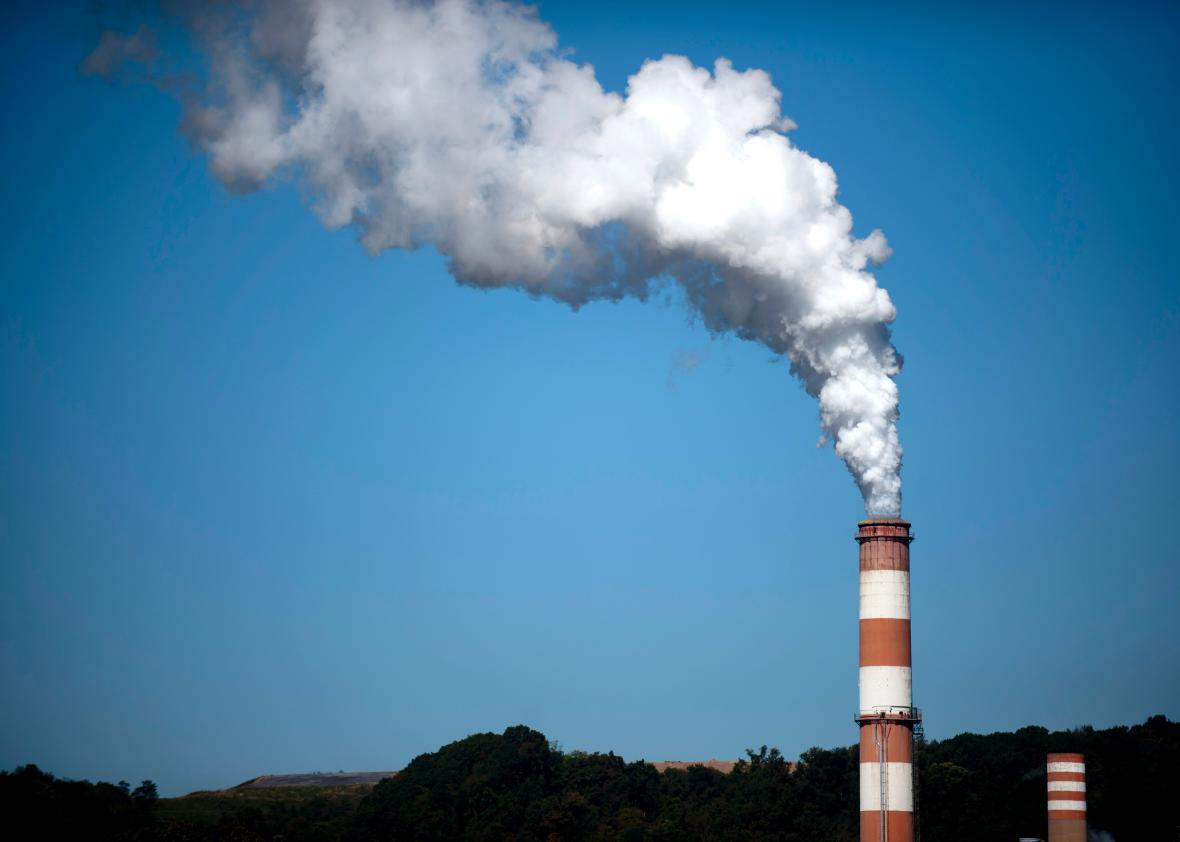President Barack Obama is getting ready to unveil an aggressive plan to tackle climate change on Monday that involves steeper cuts on greenhouse gas emissions from power plans than had been previously expected. Opponents of the new rules have vowed to file suit and demand an injunction to prevent the rules from being implemented. Yet Obama is pushing ahead, reportedly seeing the implementation of strong action on climate as central to his legacy.
Although the draft proposal had first called for a 30 percent decline in carbon dioxide emissions from power plants by 2030 when compared to 2005, Obama will now call for a 32 percent drop. And initial calls for 22 percent of a power plant’s generating capacity to come from renewable sources was increased to 28 percent, details NPR.
If implemented, the rules could “ultimately transform America’s electricity industry,” notes the New York Times. The paper explains:
If they withstand the expected legal challenges, the regulations will set in motion sweeping policy changes that could shut down hundreds of coal-fired power plants, freeze construction of new coal plants and create a boom in the production of wind and solar power and other renewable energy sources.
“Climate change is not a problem for another generation, not anymore,” Obama said. In a video billed as a “memo to America” the president described the rules as “the biggest, most important step we’ve ever taken to combat climate change.”
More than a dozen states have already vowed to fight the action to combat climate change. And Senate Majority Leader Mitch McConnell has called on governors to not comply with the new rules, which would lead to an inevitable confrontation with the Environmental Protection Agency that would then have to devise a plan to force action, notes the Associated Press.
